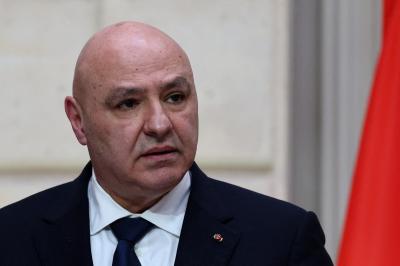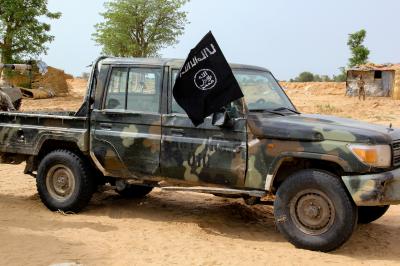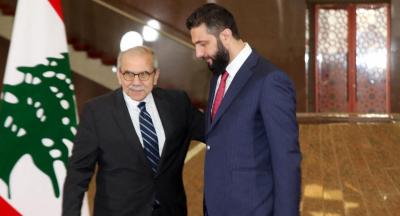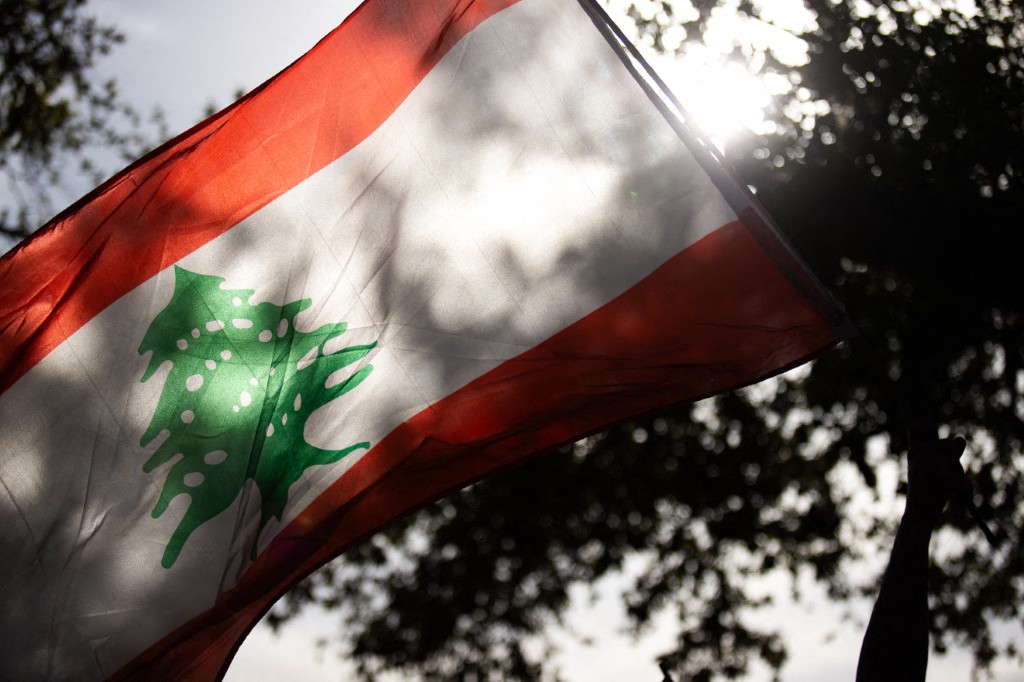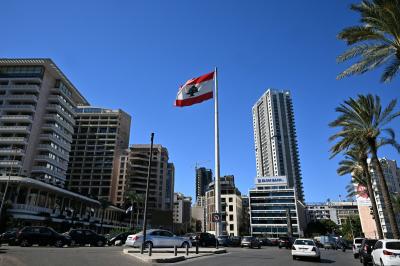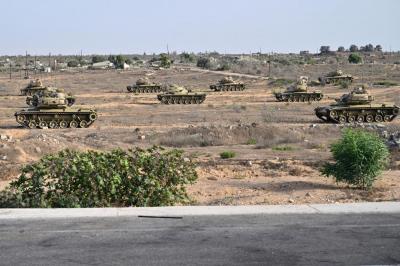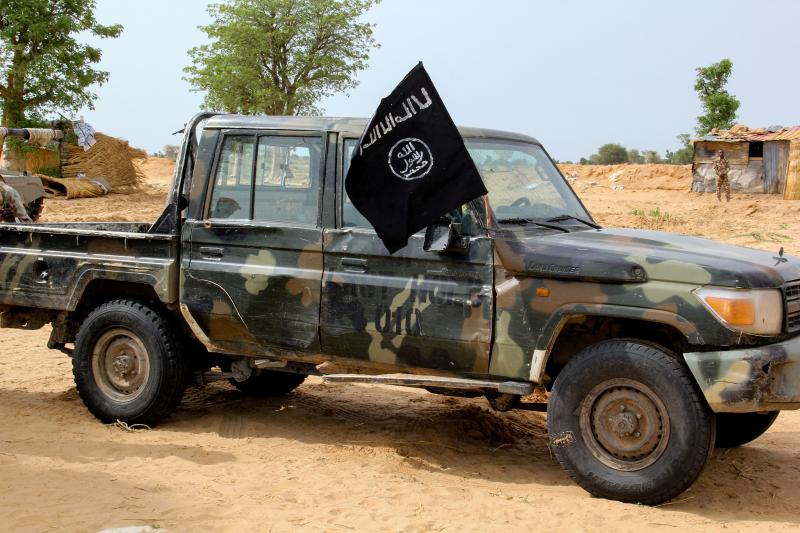Lebanon stands at a crossroads, battered by economic collapse, political paralysis, and the scars of tragedy. The August 4, 2020, the Beirut explosion was a wake-up call, yet the promise of reform remains unfulfilled. A Sovereign Wealth Fund offers a lifeline—a chance to unlock the value of Lebanon’s vast public assets, combat corruption, and rebuild a nation on the brink. The time for half-measures is over. Lebanon’s survival depends on visionary leadership and decisive steps. The question is: will the government act now, or let hope slip away?
Amidst this backdrop, significant regional shifts have reshaped Lebanon’s political landscape. The election of Donald Trump as U.S. president has signaled a potential recalibration of American policy in the Middle East, particularly concerning Iran’s influence. The recent removal of the Assad regime in Syria has further disrupted long-standing regional power dynamics, weakening Iran’s hold over key actors in Lebanon.
The situation has been further exacerbated by regional tensions. On October 8, 2023, the Israeli military launched a full-scale war against Hezbollah in southern Lebanon, leading to widespread destruction and displacement. This conflict has added another layer of instability to an already fragile nation, further straining public resources and infrastructure.
Amid this turmoil, Lebanon finally elected a new president, Joseph Aoun on January 9, 2025, ending a prolonged political vacuum. President Aoun’s election was followed by the formation of a new government on February 8, 2025, led by Prime Minister Nawaf Salam, a respected diplomat and former Lebanese UN ambassador. Lebanon’s president recently visited Saudi Arabia, signaling a potential realignment with Gulf allies. His subsequent attendance at the Arab Summit in Cairo highlights Lebanon’s efforts to reassert its role on the regional stage and seek support from Arab nations. While these developments have brought a glimmer of hope, the new administration faces immense challenges in addressing Lebanon’s economic collapse, political fragmentation, and the aftermath of the ongoing conflict in the south.
In this context, the need to strategically manage Lebanon’s public assets has never been more critical. A Sovereign Wealth Fund (SWF) could be a viable solution to unlock the value of these assets and address the country’s mounting challenges.
Lebanon’s Public Asset Portfolio
Lebanon’s public asset portfolio remains vast, despite the economic collapse. The State owns a significant array of operational assets, including:
- Telecommunication infrastructure: Ogero’s fixed network and the Alfa and Touch mobile networks.
- Electricité du Liban: Responsible for electricity production and transmission.
- Four water utilities: Providing water services across the country.
- Transportation assets: Middle East Airlines, the Rafiq al-Hariri and Rene Mouawad airports, and the ports of Beirut, Sidon, Tripoli, and Tyre.
- Industrial and commercial entities: Two refineries in Tripoli and Zahrani, the Régie Libanaise des Tabacs et Tombacs, the Casino du Liban, the INTRA Investment Company, and the Finance Bank.
Unfortunately, mismanagement and corruption continue to plague these institutions, rendering public investment unprofitable. The current approach to public wealth management is inefficient, if not entirely nonexistent. A Sovereign Wealth Fund (SWF), if properly structured and transparently managed, could address these issues and generate much-needed revenue.
Why a Sovereign Wealth Fund?
Several countries have successfully established Sovereign Wealth Funds (SWFs) to manage state-owned assets and generate long-term wealth. Norway’s Government Pension Fund Global (GPFG), valued at over $1.7 trillion, is the world’s largest and is known for its transparency, ethical investments, and long-term financial stability. The Abu Dhabi Investment Authority (ADIA), with assets around $790 billion, Singapore’s Temasek Holdings and GIC, managing over $1 trillion combined. Saudi Arabia’s Public Investment Fund (PIF), worth over $930 billion, Similarly, Qatar Investment Authority (QIA), valued at approximately $526 billion while Kuwait Investment Authority (KIA), one of the oldest SWFs with over $1.029 billion in assets. China’s China Investment Corporation (CIC), managing over $1.3 trillion. Lebanon could learn from these models to structure its own Sovereign Wealth Fund, leveraging state-owned land and assets to generate economic growth and financial security
The SWF could serve as a strategic tool to:
1. Generate revenue: By better managing public assets, the SWF could generate dividends to partially cover public debt, fund infrastructure projects, and support reconstruction efforts without burdening citizens with additional taxes.
2. Attract private investment: A transparent and professionally managed SWF could restore investor confidence, attracting private sector participation in public infrastructure projects.
3. Combat corruption: By delegating asset management to an independent board, the SWF could reduce the influence of corrupt political elites.
4. Strengthen public services: Improved management of assets like electricity, water, and transportation would directly benefit the Lebanese people and the economy.
Lessons from Past Failures
The Diab government in Lebanon proposed establishing a Public Asset Management Company (PAMC) in April 2020 as part of its financial recovery plan. However, this initiative faced significant challenges due to a lack of clear governance mechanisms and strong opposition from entrenched political elites. Critics argued that the plan could lead to the privatization of state assets without adequate safeguards, potentially consolidating resources among politically connected individuals and perpetuating existing governance issues.
Similarly, the Association of Banks in Lebanon (ABL) proposed creating a sovereign fund that would use public assets as collateral to address the country's substantial debt. This proposal raised concerns about transparency and the potential for further entrenching corrupt practices, as it might allow politically connected actors to gain control over valuable public assets without proper oversight.
These initiatives highlight the complexities Lebanon faces in reforming its financial sector and managing public assets, underscoring the need for transparent governance and equitable economic policies.
A Path Forward
The creation of an SWF must be guided by transparency, accountability, and strategic vision. Two critical steps are necessary:
1. Create a public registry of assets: A centralized, transparent registry of public assets—including real estate—should be established. Each asset should be assigned an indicative value to facilitate strategic planning and feasibility studies.
2. Transfer assets to the SWF: To avoid conflicts of interest, the SWF’s portfolio should be managed by an experienced, politically independent board.
Leveraging Lebanon’s Potential
The Lebanese State owns approximately 60,000 land plots, covering over 900 million square meters across its eight governorates. Despite their significant potential, these lands and other state-owned real estate assets remain largely underutilized. Valued at an estimated $69.1 billion USD, they could serve as valuable financial collateral or be leased to the private sector for agricultural, industrial, hospitality, tourism, and affordable housing developments, creating economic opportunities and generating much-needed revenue. Additionally, leveraging these assets as collateral for loans could provide a sustainable alternative to predatory lending and large-scale privatization, helping to stabilize the country’s financial situation. Moreover, the Lebanese diaspora—renowned for their expertise in global financial institutions—could play a pivotal role in managing the SWF. Their skills and experience could help Lebanon navigate its economic crisis and rebuild trust in public institutions.
Conclusion
Lebanon’s economic crisis is dire, but not insurmountable. The creation of a Sovereign Wealth Fund, under the right conditions, could be a game-changer. It would require political will, transparency, and the involvement of skilled professionals. The current government, led by Prime Minister Nawaf Salam and under the leadership of President Joseph Aoun, has the opportunity to chart a new course for Lebanon.
The time for action is now. By leveraging Lebanon’s vast public assets and tapping into the expertise of its diaspora, the country can rise from the ashes. If not now, when?
 French
French


